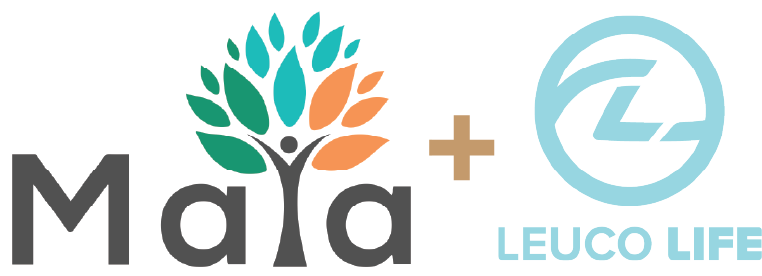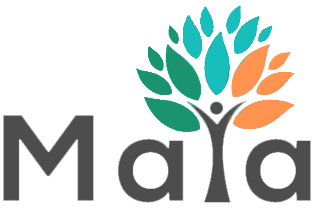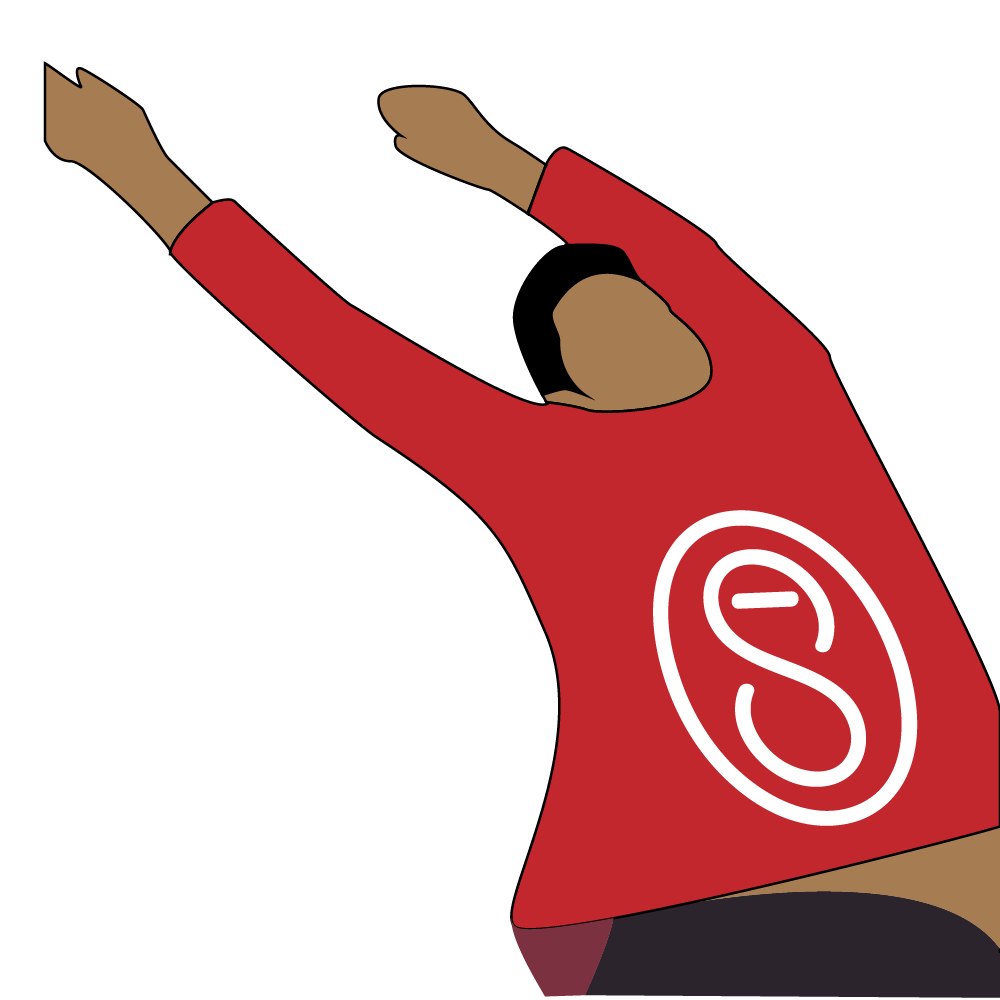What happened to my startups?
“Is this a real startup?”, I’d often ask myself in the time between working on projects. One of the characteristics of labeling a project as a startup is you have to convince yourself that this product will be used by someone. Is it real? Do you have a product? An MVP (minimal viable product)? What does your business end look like? I thought if I get other people to believe it’s real, eventually I will finally buy into it too.

The startups I tried to create were the results of university initiatives to get more students into entrepreneurship. These initiatives include clubs, quarter long competitions, entrepreneurial “hackathon” type events, and the availability of space and equipment. They incentivized work that could generate quick, cheap, and easy prototypes with large potential markets so you could bullshit a sales pitch and a product growth analysis. End products tended to be apps or plastic 3D printables that could theoretically be used by everyone but would ultimately be used by no one.
I like the idea of supporting and encouraging people to consider entrepreneurship; however, at the undergraduate level I believe the incentives and available resources did not align well with actually making a product that could make a difference in the world. We are told our ideas are good, unique, scalable, and important. We are given tremendous encouragement to a fault. We are taught to become attached to our ideas but never required to become invested in them.
The seminars targeted at young entrepreneurs dedicated an overwhelming amount of time to finding investors and getting others to care about your idea. There’s a noticeable lack of attention given to whether or not an entrepreneur cares about their idea. What would you do if you were told you were not allowed to work on it? Would you shrug and move on, get your degree and continue your life? Probably. I effectively did that for both ideas I worked on as an undergraduate. Co-founders and I put time, money, and passion into the projects but still managed to never get our skin in the game. I cared deeply about starting a company, but not about the company I was starting.
During my undergraduate education I was involved in creating two companies: Maia Health (2016-2018) and Leuco Life (2017-2018). Maia Health was an iOS application to support young adults with chronic illnesses as they transition from pediatric into adult care. Leuco Life was a company built around the idea of self-heating life vests to delay onset of hypothermia in emergency rescue situations. In both startups, we often placed highly or won graduate and undergraduate entrepreneurial competitions. The products and companies were important to all of us involved and consumed much of our life.
With Maia Health, we had advisors, two iterations on prototypes, we got ready for a functional alpha testing with real users. We had an intern, we had plans, and we felt like it was real. But we never actually went live with our alpha test. With Leuco Life, we poured months of overtime into prototype development of a novel hardware solution to heating bodies underwater and created prototypes. We tested on ourselves in pools, we wrote a patent, and we had business cards. But we never submitted the patent application.
Why we stopped:
Maia Health

In the case of Maia Health, we all started putting less effort towards the project as the rest of our lives creeped in. I had to focus on senior design projects, research, etc. Other members were off to the next stages of their lives like medical school or industry jobs. It was gradual, but slowly I believe we all realized this is not exactly what we wanted to dedicate our careers to. In the two years we worked on it, there wasn’t a crazy catalytic moment that made focusing on Maia feel safe as a future career move worth sacrificing our current career prospects. I wasn’t confident enough in myself or abilities to take a risk and align my personal identity with the startup. If even just one of us had done so, I’m sure Maia Health would be a successful venture. However, I’ve come to appreciate just how exceedingly rare it is to find someone at the undergraduate level with enough honesty and self-awareness to throw away their safer prospects while they are still trying to figure themselves out. I also wouldn’t advise anyone who has yet to feel comfortable with themselves to just drop out of college and follow a startup. The “Thiel Fellowship” idea, where college students are given a startup fund to drop out of college, has its merits in finding those endowed with the magical characteristic of true confidence at a vulnerable age, but I - like many others - had (have?) no idea who I am.
Leuco Life

With Leuco Life, the heated life vest venture, we instantly ran in to interpersonal struggles. We started off with a large core team of around 8 people, where most of them were not involved in building the actual product. There is no need for 5 people handling the “business side” when we don’t have a product, customers, or leads. We faced a very emotional time as we downsized from 8 to 4 people. Everyone on the team wanted to be part of something important, and we all believed Leuco was that thing. To tell someone they lack the skill set to contribute at this time was neither pleasant nor easy. The problem didn’t fully reside in the individuals that had to leave, but rather in that we created a team around social dynamics and convenience rather than our products requirements.
When it was down to 4 people, 3 of us would meet almost every weekday after work during a summer to experiment and prototype, while the 4th member and CEO was remote from us and was in charge of finding leads and handling all growth aspects. She had been the one who applied to competitions, kept us up-to-date on potential undergrad opportunities, and networked. Over time, a rift began to form where it was difficult for those handling product development to see or understand what our CEO was doing. We believed little to nothing was actually coming out of the business side even as we made robust progress towards improving prototypes and drafted a full patent ready to be submitted. When the patent was complete and ready to submit, the CEO’s job was to finalize the patent application. Months passed and it was never done. When talks of equity came up in this tense time, the proverbial shit hit the fan and we were all confused. The CEO wanted a majority portion of equity while the remaining 3 of us felt we deserved more than “what was left”. We built the product, patent, and to a large degree the brand. The 3 of us on the engineering side were all very close friends and ultimately walked away from Leuco Life with no stakes, out of a desire to be rid of the distrust and discomfort that was left. It felt gross to have greed and insecurity dissolve all the work put in, but I didn’t want to fight. In the end, after an entire saga of events, I had somehow managed to once again not align my identity with my work. I left.
Moving Forward
In light of my previous experience attempting to found startups, I’ve decided to change my order of events. Instead of working on something specifically to start a company and hoping I eventually invest myself in it, I will follow my interests and research in that area.
If the work ends up able to spin off into company, I plan to follow that trajectory so my identity will necessarily be in line and invested in it. I want to start a company if it is the natural next step to doing what I enjoy. I’m glad I got the experience to see what a startup might entail. The people I’ve worked with have been truly inspiring and I plan to build off this experience in my future endeavors.
